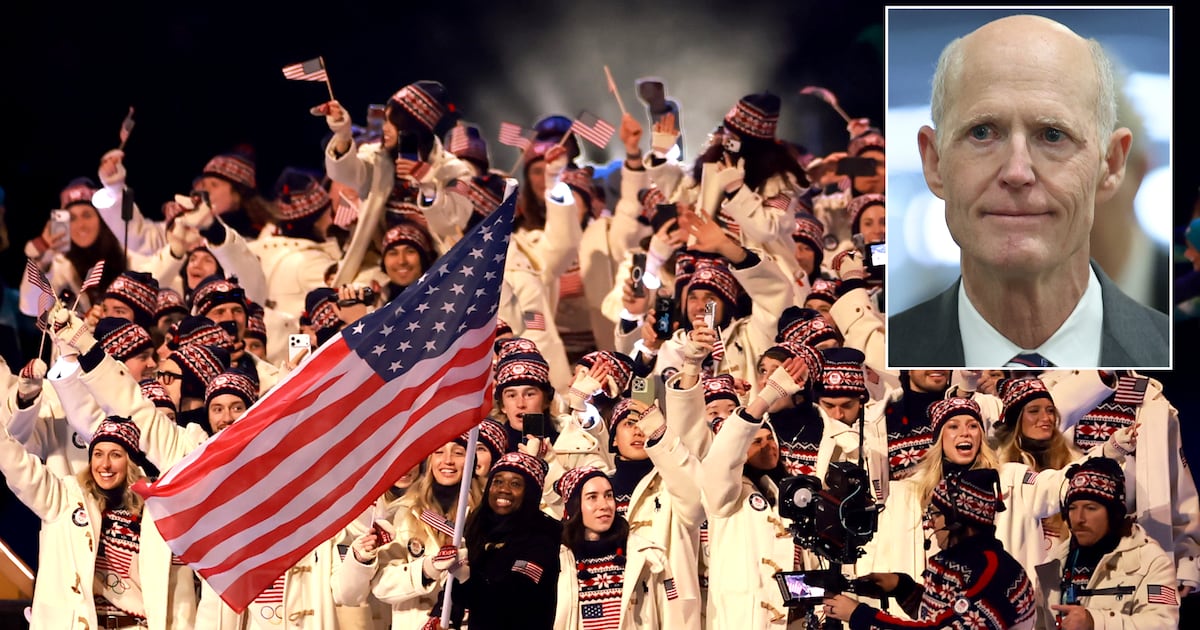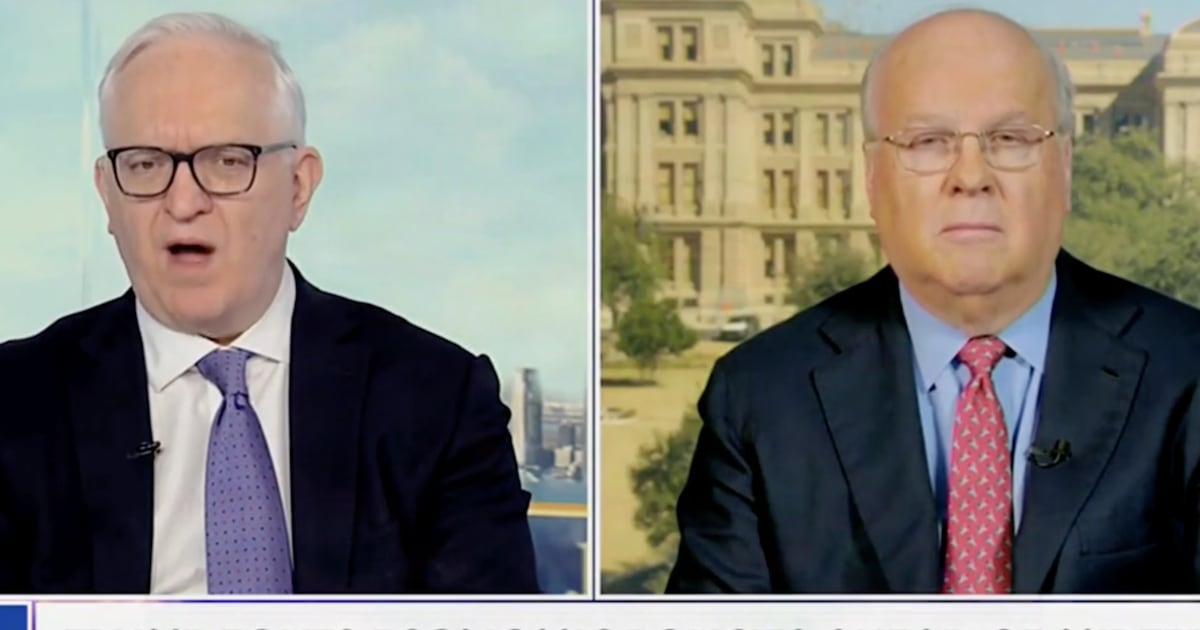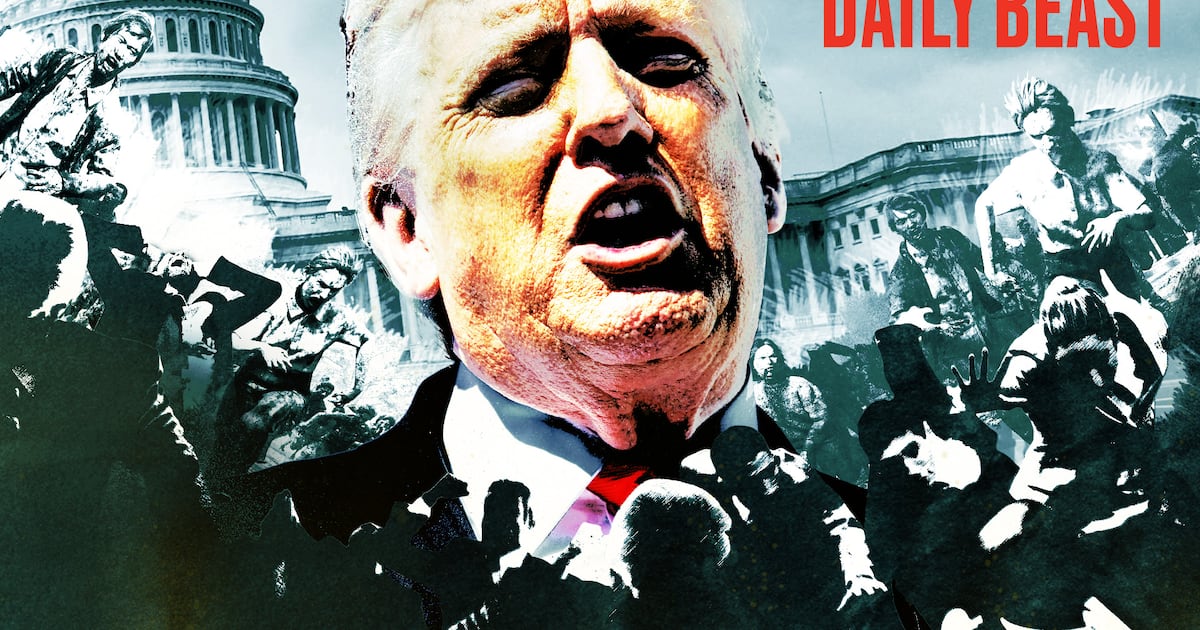Gun-control advocates in the United States are experiencing quite a bit of Canada envy, after Prime Minister Justin Trudeau announced this week that he will be banning import, sales, and transfers of handguns. He also announced legislation to require citizens to turn over their “military-style assault weapons” in a mandatory buy-back program. As of now, there is no legal definition of “military-style assault weapon,” so Canadians with guns will presumably be alerted when they become criminals on a TBD basis.
This is in addition to the banning of 1,500 rifle models in the wake of a 2020 mass shooting in Nova Scotia, were 22 people were killed. It’s part of an “ever-expanding” list of prohibited models maintained by the Royal Canadian Mounted Police.
The proposed legislation also includes tighter red-flag restrictions, provisions for confiscation and disabling of banned guns, and a blanket restriction of magazines to only five rounds.
Why can’t we enact Canada’s wish list of restrictions in the U.S.?—our gun control activists wonder.
Well, it’s not the gun lobby. The National Rifle Association (NRA) has been seriously weakened, is floundering in corruption accusations, and has filed for bankruptcy in the past two years. But it was also never the primary strength of gun-owners’ side of the argument. That strength lies in the Second Amendment, which whatever you think of its protections of Americans’ right to a firearm, is a hard fact with which activists must contend.
If the goal is to significantly curtail the number of guns—or even slow its growth, which is the purported goal of many activists—they must deal with the Constitution. No matter how “commonsense” you might consider some gun regulations, they have to pass constitutional muster to become a reality.
Take for instance a California law banning sales of semiautomatic rifles to adults under the age of 21. The San-Francisco-based 9th Circuit Court of Appeals found that particular regulation to be unconstitutional. A three-judge panel in May ruled 2-1 that the Constitution “protects the right of young adults to keep and bear arms, which includes the right to purchase them,” though it upheld a requirement that adults under 21 acquire hunting licenses to purchase said guns.
It is the Second Amendment, and the majority of Americans’ agreement with its protections, that foil most efforts at gun control. And yet, there has never been a sustained effort to amend the Constitution to eliminate this impediment to gun control.
There should be.
But don’t get me wrong. I love the Second Amendment’s protections, and like many law-abiding citizens of the U.S., cherish the right it enshrines for my family to have a means to protect itself. I don’t wish it gone anymore than I do the First Amendment—another protection our neighbors to the North are without.
But dealing with the facts of the Constitution, doing the hard work to convince Americans of the error of its text, and dealing honestly with gun owners about the left’s desires on this subject would be better than what we’re doing now.
I am unabashedly on the other side of this issue from liberal filmmaker Michael Moore, yet I agree with him on this part of the equation. He advocates for the repeal of the Second Amendment and replacement with the Twenty-Eighth, which he proposes would allow for a National Guard, highly restrictive private gun ownership, and a new right to freedom from gun violence.
“For those who believe it will be impossible to do this,” Moore offers stats on gun ownership. “We are not a country of gun nuts. 77 percent of all Americans do NOT own a gun! If three-quarters of the country has decided they have no need for a gun, three-quarters of the country may also decide they have no need for an archaic amendment that allows retired accountants to own 47 assault weapons. LET’S ORGANIZE THE 77 percent!”
Go for it. The coalition of Americans that would have to be convinced grows larger and more diverse by the day. Surely, some of the energy of Brady, Everytown, One Pulse, Guns Down, and other gun control groups can be put toward a long-term project of this kind.
Moore is not the only prominent person to suggest such a change. Former Chief Justice Warren Burger said in 1991 if he had his druthers, there’d be no Second Amendment at all.
None other than Justice John Paul Stevens, in the wake of the Supreme Court’s Heller decision affirming the individual right to keep and bear arms, declared amending the Constitution would be the “simple” way to “weaken the N.R.A.’s ability to stymie legislative debate and block constructive gun control legislation than any other available option.”
He’s a bit breezy on the matter for my tastes. The process would be simple but by no means easy. The Constitution is quite straightforward about how to change the Constitution, but it takes a lot.
An amendment may be sent for ratification by 38 states after it has either been deemed necessary by a two-thirds majority of both houses of Congress or a national convention called by the legislatures of 34 states.
Some would dismiss this as an impossibility, but again, I’m in improbable agreement with Moore. I think believing this could never happen is a cop-out. Yes, Americans love their guns. They also love alcohol and we banned that via a constitutional amendment for quite a few miserable years.
Even if you’re the kind of activist who believes the problem isn’t the Constitution, but the interpretation thereof, the remedy is the same. Once more—I can’t believe I’m saying this, but I agree with Elie Mystal, who wrote in The Nation, “If Republicans tell us it’s the Second Amendment that stands in the way of reasonable gun reform, then it’s the Second Amendment that we should be coming for.”
Amendments frequently travel unlikely paths. The most recent amendment to the Constitution took 200 years to ratify, and the push to get it over the finish line in 1992 can be traced to a sophomore at the University of Texas, who got a C on the term paper suggesting the amendment was still pending.
It’s a refrain of pro-Second Amendment types like myself to tell gun-control activists, “Come and take it.” The original Greek phrase, “Molon labe” was said to have been uttered by the Spartan leader Leonidas in response to Xerxes’ request that they surrender their weapons at the Battle of Thermopylae.
In their wisdom, the Founding Fathers set up a significant barrier between the federal government and the people’s arms. Without dealing with that very hard fact, most gun-control efforts will be, to borrow from another Greek story, Sisyphean.








